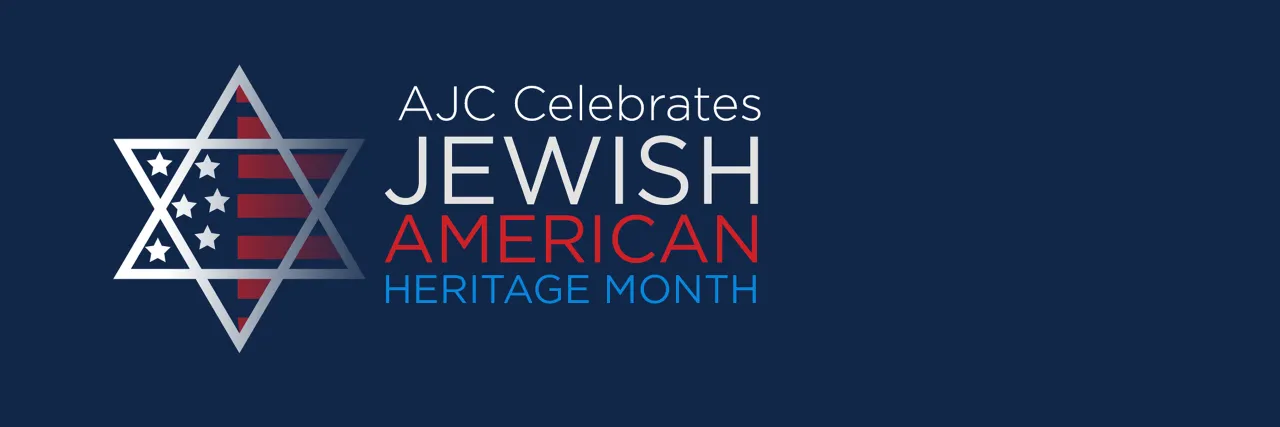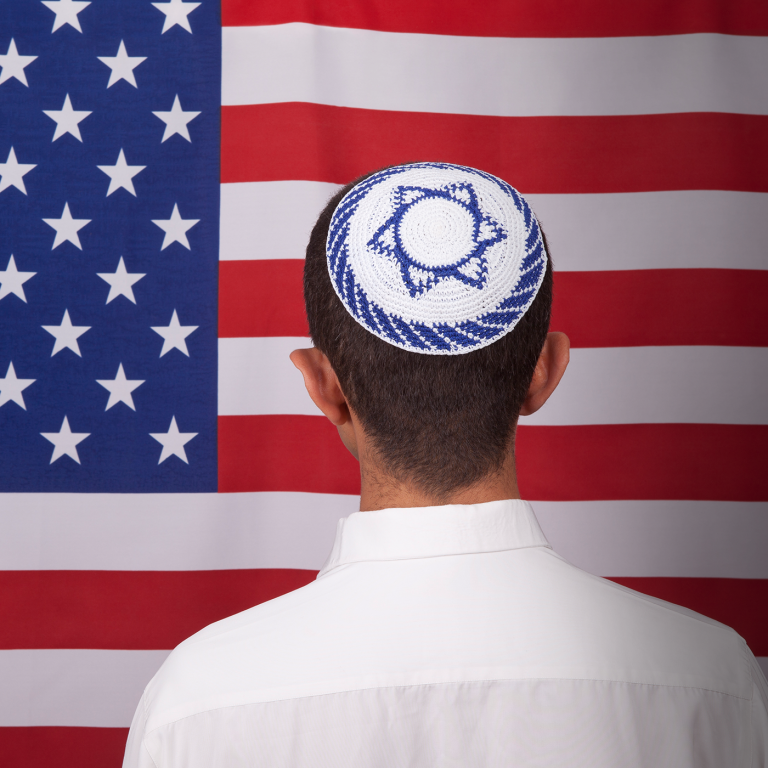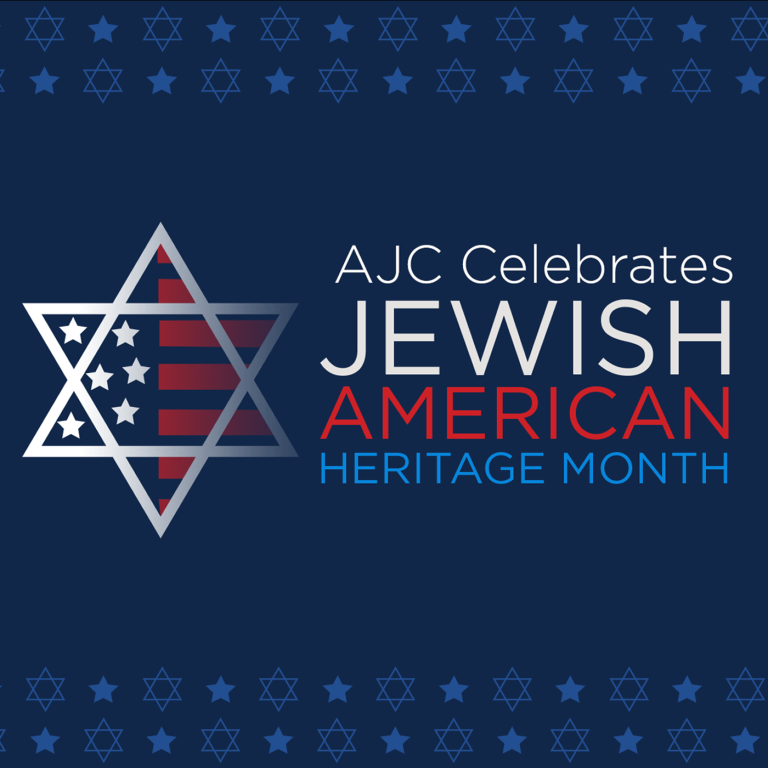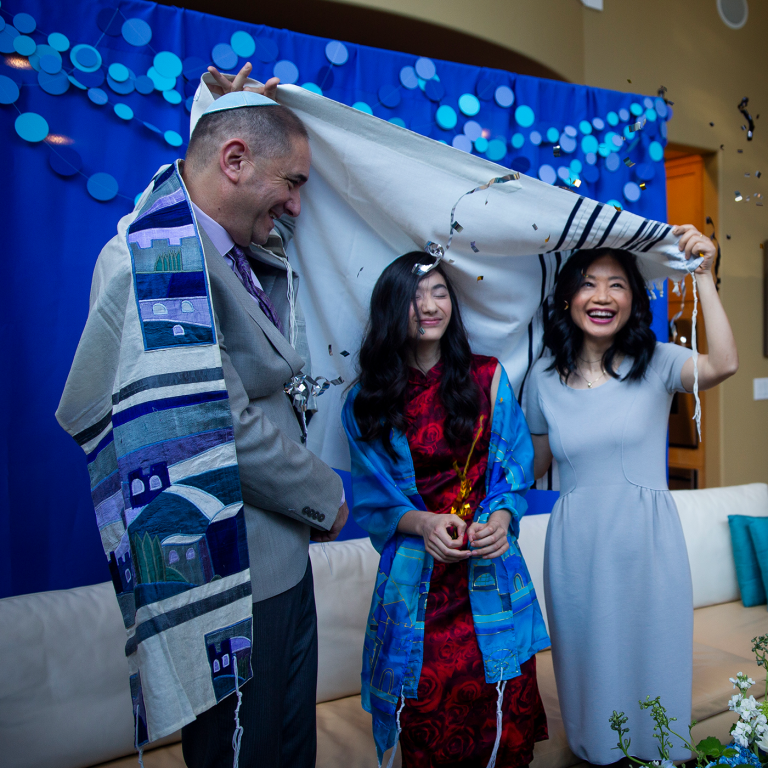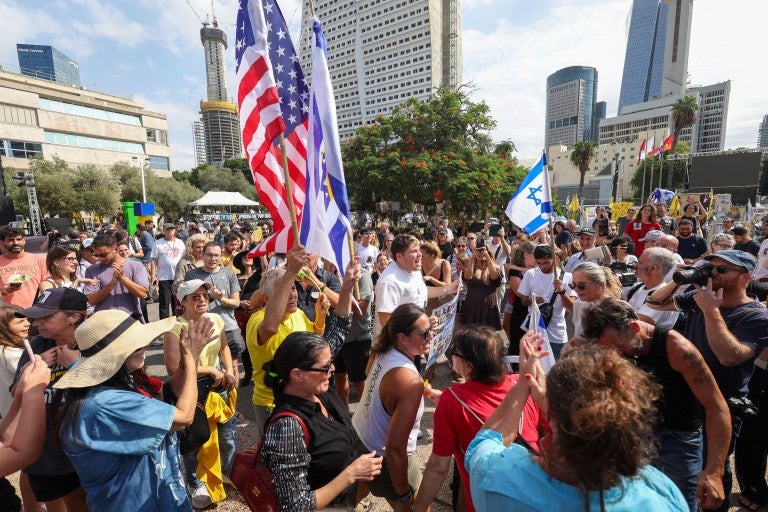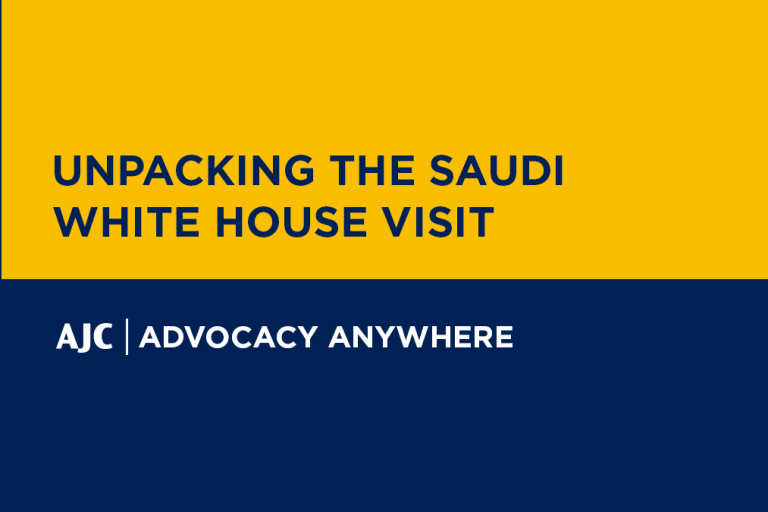AJC offers a three-part educational series on Jewish peoplehood, antisemitism, and allyship. Each session is led by an expert AJC staff member, and our education materials are continually updated to reflect the latest data, scholarship, and best educational practices.
These workshops allow you and your team to engage with important aspects of the Jewish experience, and aim to cultivate greater sensitivity, understanding, and awareness. AJC’s educational workshops are renowned for their high level of skill, nuance, and expertise, and we would be happy to discuss ways we can work together. Please contact us to discuss how our educational series can meet the needs of your campus community or group.
Jewish peoplehood
Who are the Jewish people? Jewish peoplehood introduces audiences to the history of the Jews, and surveys Jewish diasporic history, the cultural and ethnic diversity of global Jewry, and the history of Jews in America. Are Jews a religion, an ethnicity, or a culture? Are most American Jews actually white? This session unpacks key aspects of Jewish historical experience that help us answer a wide variety of questions about Jewish identity in the here-and-now.
Antisemitism
Known as the world’s oldest hatred, antisemitism has assumed a variety of forms in its more than two thousand-year history. Antisemitism unpacks anti-Jewish hatred’s most enduring tropes, and discusses their historically specific contexts as well as their capacity to morph and acquire renewed currency in the living present. In discussing the how, why, and when of antisemitism’s ongoing proliferation, this session offers participants ways to better recognize and confront antisemitic messaging in the here-and-now.
Allyship
This session offers an honest moderated discussion on how to cultivate interreligious and intercommunal partnerships, featuring AJC content experts who provide first-hand accounts on their work and impact, including Muslim-Jewish relation, Black-Jewish relations, and Latino-Jewish relations. The framework for this session is allyship as practice, and the central question of how we show up for each other as individuals and community-members.
